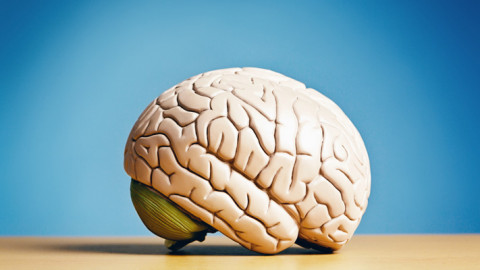
People with autism spectrum disorder are dying at twice the rate of the general population, a landmark Australian study published on Tuesday has found.
The biggest cause of death is injury or poisoning from suicide, self-harm or accident, the University of NSW analysis involving the records of almost 36,000 people with the disorder in NSW showed.
The "alarming" findings have prompted the study researchers and advocates to call for a high-level, whole of system response to prevent these avoidable deaths.
Professor Julian Trollor, senior study author and chairman of Intellectual Disability Mental Health at UNSW, said the "major health gap" for people with ASD deserves a "co-ordinated, cohesive, high-level response".
Joshua Klumper was 17-years-old with autism spectrum disorder and was trying to be "normal" to get the help he needed when he took his life in 2017.
When Josh was 15-years-old he was attacked by a stranger he had befriended because he believed he was lonely. The traumatic event triggered sudden major depressive episodes and repeated suicide attempts.
But his expressionless "poker face" meant his mental anguish was invisible to healthcare workers, his mother Ursula Wharton said.
In September 2017, during Josh's final visit to an emergency department, a nurse told him "if you’ve had this problem all your life and we haven't been able to fix you yet we are not being able to fix you tonight", Ms Wharton said.
The moment destroyed any hope Josh had that he could get help in the health system, she said.
"All he heard was 'they can’t fix me'," she said.
Three days later he took his own life.
"He did everything he could to save himself," Ms Wharton said, remembering the way Josh repeatedly asked for help, risking the shame and embarrassment of meltdowns, and suppressing his more florid ASD symptoms.
Injury and poisoning - including suicide - accounted for 23 per cent of all deaths among people with ASD, and 50 per cent among people with ASD without intellectual disability, between 2001 and 2015, found the most comprehensive study of causes of death among Australians with ASD.
Nervous system and sense disorders were a close second top cause of death, most likely the result of epileptic seizures. They accounting for 20 per cent of ASD deaths ( largely driven by people with ASD and intellectual disability) compared to just 2 per cent in the general population.
The researchers found poor mental health, epilepsy and chronic physical illness were all independent risk factors for death among people with ASD.
Professor Trollor called for targeted mental health prevention and treatment strategies to address the major gap in care for people with ASD, as well as better training for primary care, hospital, mental health and disability workforces to recognise and respond to the diverse needs of these patients.
"There is so much more that needs to be done," he said.
Autistic health advocate Kathy Isaacs said every Australian deserved healthcare that was accessible and accommodating of their individual needs.
"This study confirms the sense within the autistic community that this is not what is happening," Ms Isaacs said.
NSW Mental Health Minister Tanya Davies said the NSW Ministry of Health would consider the findings of the study.